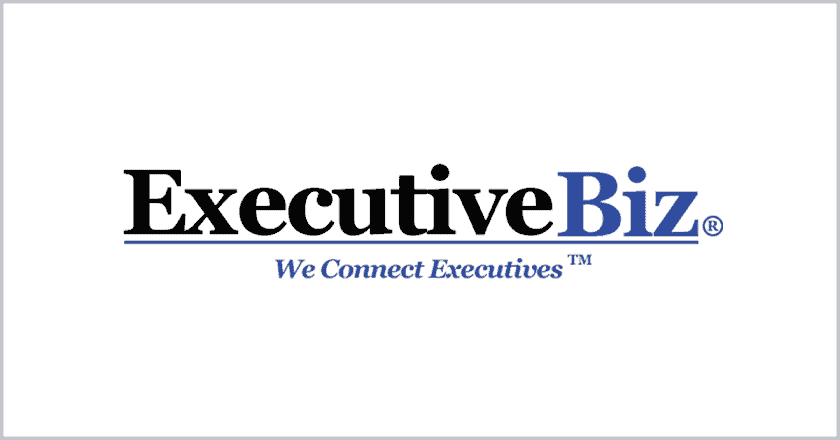 One of the greatest crises facing government and business today is the crisis of character. Nearly every day, news media are flooded with stories about corruption, sexual harassment, fraud, waste, abuse and other wrongdoing in both the public and private sectors. It seems the Washington area is not immune to it but rather ripe for it.
One of the greatest crises facing government and business today is the crisis of character. Nearly every day, news media are flooded with stories about corruption, sexual harassment, fraud, waste, abuse and other wrongdoing in both the public and private sectors. It seems the Washington area is not immune to it but rather ripe for it.
When scandals break, it’s easy for people to point fingers and lay blame. And due to the 24/7 and online nature of our news media, misinformation can spread even faster than the truth. Organizations and individuals can easily get caught up in the frenzy. Confusion, fear and uncertainty can impede the necessary and immediate actions needed to appropriately determine the truth and take corrective action. Ultimately, this crisis often comes down to leadership.
Harry Truman may have said the buck stops here, but it also starts with leaders. They define and exemplify what’s right — and wrong — for their organizations. As leaders, we are responsible for establishing a strong foundation and culture based on trust, commitment, integrity and accountability. Organizations with solid, positive cultures typically enjoy better shareholder returns, productivity gains, improved internal communications and better strategic alignment. The benefits are undeniable.
As leaders, we are also accountable when problems arise. Having an organization and culture that are committed to strong values becomes invaluable when it prevents unfortunate circumstances or eases the hardships when an unexpected challenge occurs. From my experience, the initial legwork and investment needed to create this culture are well worth it. I have seen too many organizations that try a “break glass in case of†approach to problems. It just doesn’t work. It can succeed in the long term, once the individual or the organization has learned the lesson the hard way. However, a culture of character cannot be established overnight as a quick fix to solve problems.
Establishing a culture and organizational infrastructure based on character and “doing the right thing†is a considerable but not an impossible undertaking. So let’s break down the five keys to establishing a culture of character.
1. Define a core philosophy. Establish clear and high standards of integrity and excellence, communicate clear expectations, and identify behavior that is acceptable and not acceptable. People can’t rally around what they don’t know.
2. Lead by example. Character begins at the top. As leaders, uphold the standards of character you have defined for the rest of your team and empower others to follow the same path. Embrace your positions as role models. Teach character by living it.
3. Get everyone on board. It is critical that everyone — everyone — understands, embraces, and encourages the vision, values and goals. This is the most important part of the process. That’s because “you’re only as strong as your weakest link.†Remember that no one is perfect. Mistakes will happen. Empowering your team to understand and act on the organization’s values is an ongoing responsibility.
4. Make the tough decisions. Do not waver in your commitment to the organization’s values and principles — no matter how high the stakes or how hard the challenge. Timely actions and responses that are based on truth and accountability are how strong leaders operate. Running from problems, placing blame or becoming frozen by indecisiveness are all debilitating reactions. They will reduce leadership power and create great vulnerability for the organization.
5. Communicate and reinforce. See it, read it, believe it, think it, live it, breathe it. Character is not a Monday-through-Friday thing. It’s not a cyclical thing, and it’s certainly not just a “do when somebody is looking†thing. Character is for everyone, at every level, at all times. And for character to truly be part of an organization’s culture, it must be reinforced again and again. Integrate and communicate the organization’s core philosophy through every type of internal and external communication. Use every tool at your disposal to reinforce the idea that strength of character is expected and appreciated in your organization.
Following these principles and living them every day aren’t easy things to do. Just look at the headlines for proof. To put them to work for your unique organization, you’ll need the right systems in place — including processes for implementation and metrics for effectiveness. It’s up to all leaders to decide what works within their specific organizational framework and management style to bring these concepts to life. However, I assure you, once you’ve got it right, you’ll enjoy your success. And you’ll help turn this crisis of character around.
Jack London serves as executive chairman of CACI International.



